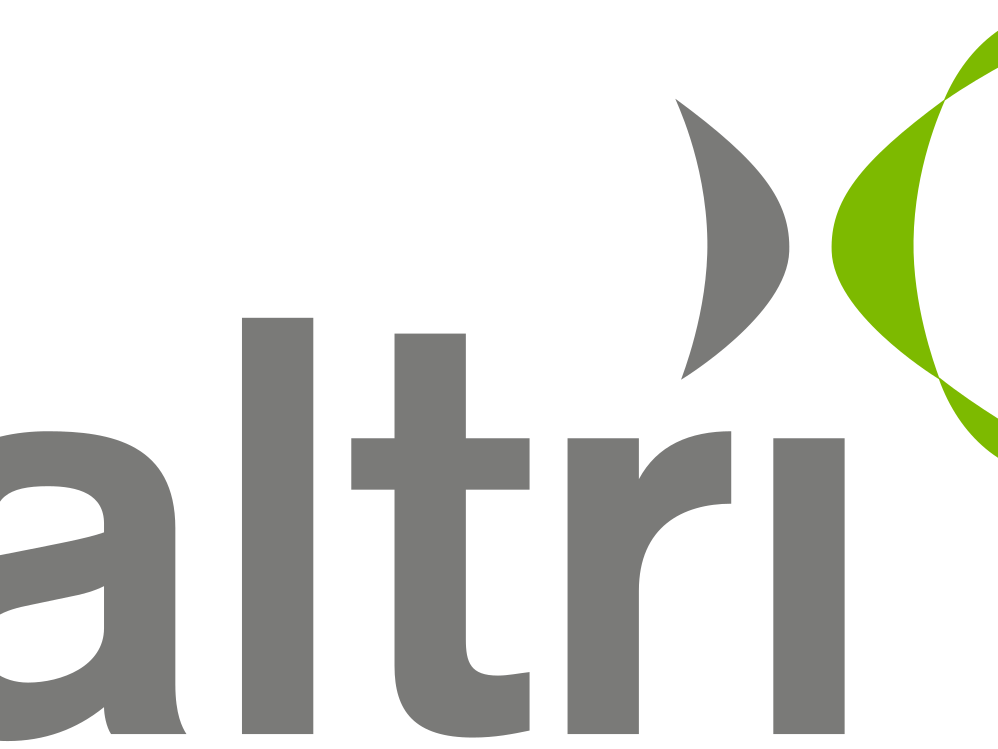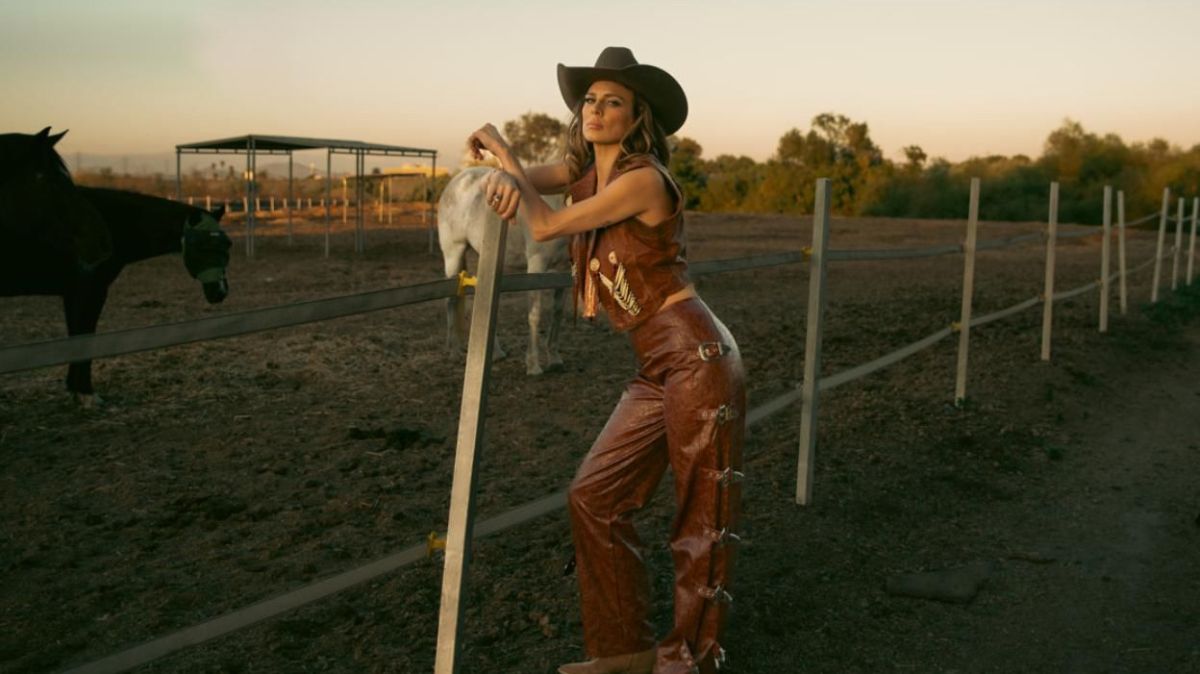This protest, which culminated in a demonstration and the reading of a manifesto, was followed by hundreds of people who rafted down the last stretch of the River Ulla, from Ponte de Sinde to Campo da Ínsua, also against the reopening of an open-cast copper mine.
According to the environmental organisations, the mine and Altri's pulp mill will affect the Ulla basin, both the ecosystems and the water quality, and will also endanger the Arousa estuary, where the river flows and where one of the “richest shellfish beds in the world” is located.
According to the president of the Ulloa Viva Platform, Pilar Naveira, speaking to EFE, the turnout for this type of protest shows that the [Galician] regional government is going to be alone in its position in favour of Altri.
She warned that this project “threatens the way of life” of both the Ulloa and Arousa regions and the entire Ulla River basin due to “the discharges” of waste from the plant, as well as the water it will take from the river and “the pollution”, so “the impact it will generate is incredible”, she warned, both territorially and socially and economically.
A demonstration is also planned for 8 May in front of the Congress of Deputies in Madrid against this project - which the Junta has declared strategic, and which has received a positive environmental declaration - to demand that the government does not grant it any public aid.
The Portuguese pulp company Altri's project for Galicia will not receive European funds, as the company requested, the Spanish government said in April, and the company has already announced that it will appeal the decision.
The Galician government approved an Environmental Impact Statement (EIS) in favour of the project, which Altri considered “an important recognition” that “it meets all the environmental requirements of the European Union.”










